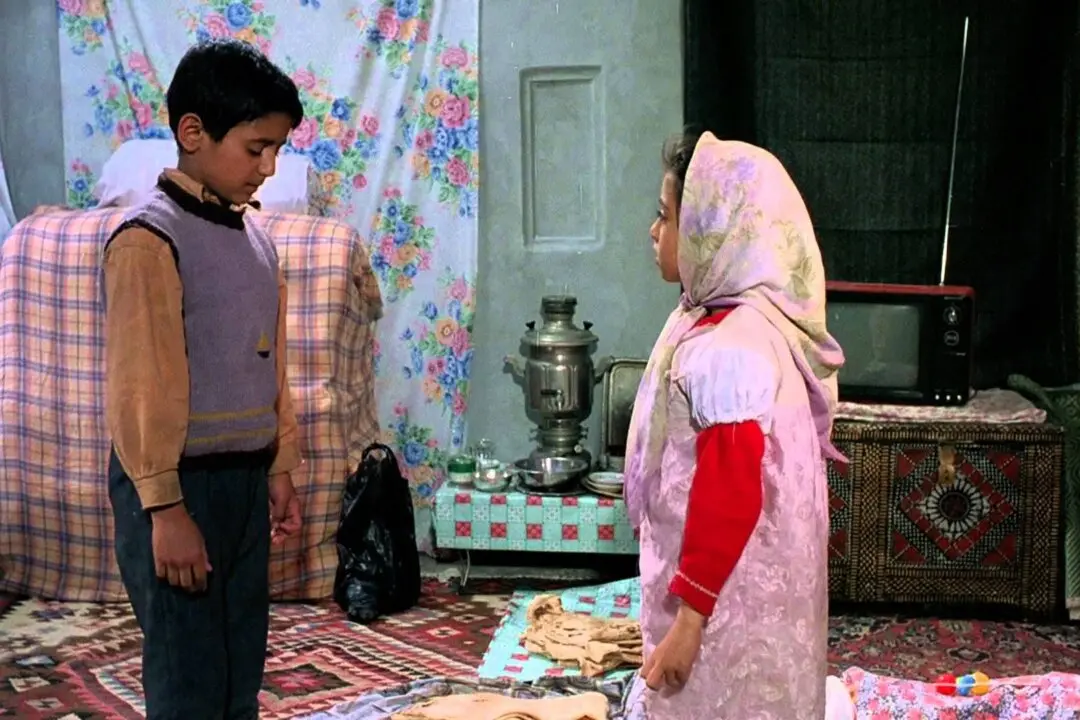NR | 1 h 33 min | Drama, Fantasy | 1946
Jeanne-Marie Leprince de Beaumont equates beauty with truth and goodness in her 18th-century fairy tale, “La Belle et la Bête.” Jean Cocteau’s film “Beauty and the Beast” tells the enchanting story in a magical way.




